The schedule presented here is subject to change as the agenda is finalized.

« All Events
STIs Track, Session 1
May 30, 2024 @ 10:45 am–12:15 pm EDT


- Hey CIS, Can We Talk…? Black Women, Sexuality, and PrEP
This presentation focuses on the CIS Gender Black women’s sexuality and HIV/STI prevention through education on PrEP and PEP. Our goal is to provide an interactive educational experience to reduce the stigma of HIV by examining the cultural beliefs and traditional norms in the Black community. In addition, the participants will gain knowledge of the essential components needed for their HIV prevention toolkit. PrEP is a promising biomedical prevention strategy for reducing HIV acquisition. Therefore, an increase in education among Black women is vital.
- STD Crisis: A Case for Rapid POC Testing
Sexually transmitted diseases (STDs) are a major public health concern worldwide. The World Health Organization (WHO) estimates that over one million people contract an STD every day, with nearly 400 million new infections occurring annually. The majority of these infections occur in low- and middle-income countries, where access to healthcare services and diagnostic testing may be limited. Rapid point-of-care (POC) testing for STDs can help to address this gap in care by providing fast and accurate diagnoses in a timely manner.
- Effects of Targeted Provider Education on HIV and STI Testing Rates at an FQHC
We wanted to create a training for our providers that would fill in their knowledge gaps regarding sexual health, STI testing, HIV testing, and delivering reactive results. Providers receive little formal training in sexual health and usually no training in how to deliver positive results. By working with outside experts, we were able to create a targeted training program that achieved these goals and proved continuing education credit to participants. Our organization required all clinical teams to attend one of two training sessions. The impact of this training will be evaluated by comparing STI and HIV ordering rates for the three months before and three months after the training.





